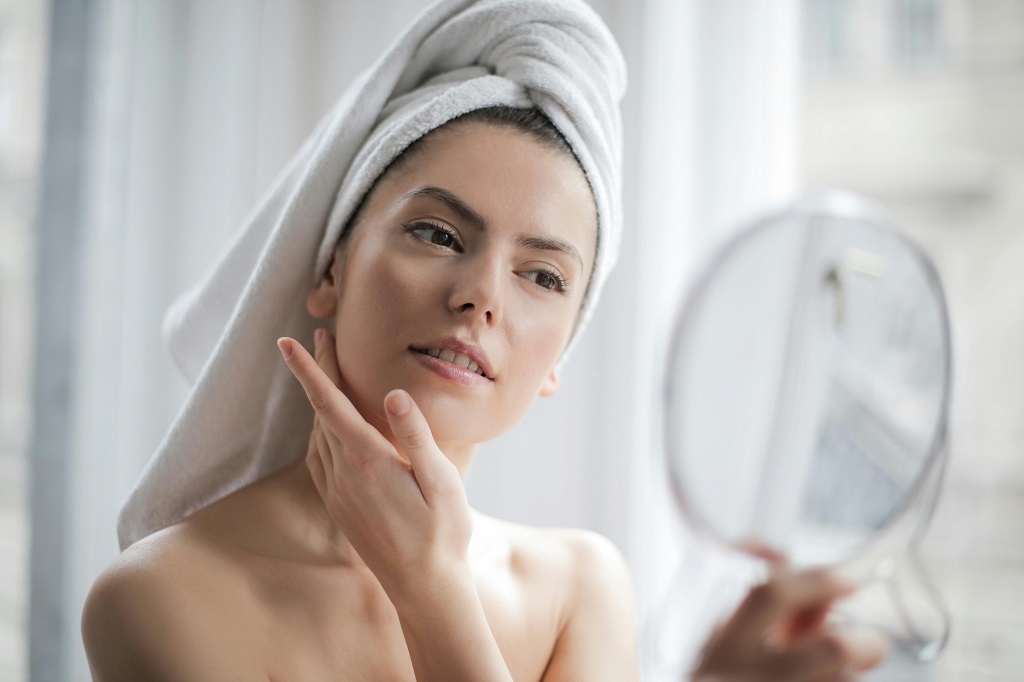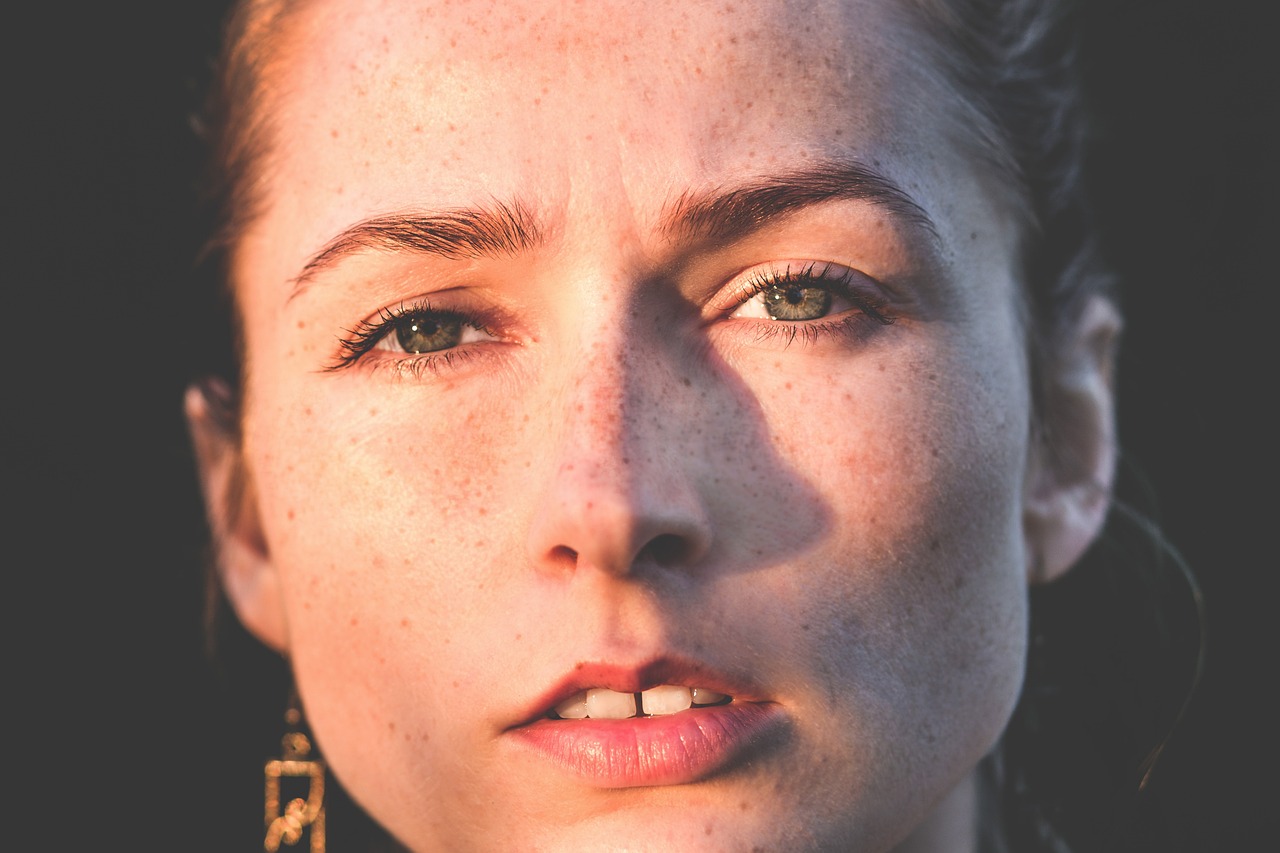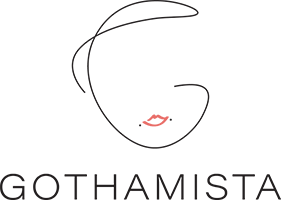You might have heard about retinol, a popular skincare ingredient known for reducing wrinkles and improving skin texture. Let’s explore why the EU has restricted its use.
What Is Retinol And How Does It Help Your Skin

If you’re new to retinol, it’s a form of vitamin A used in many anti-aging products. If you’re looking to improve your skin’s appearance, this should be a go-to ingredient for you. Within reason, that is.
Retinol works by boosting cell turnover. That means it helps your skin shed old cells and make new ones more quickly. This process reduces the appearance of wrinkles and fine lines, making your skin look smoother and younger. It’s also great for evening out skin tone and can even help with acne by preventing pores from getting clogged.
So, adding a retinol product to your routine is definitely worth considering.
Retinol Side Effects on Skin: Is Retinol Safe?

Using retinol can sometimes lead to skin irritation and increased sensitivity, especially in the beginning of usage. It’s common to experience redness, dryness, or peeling. Hence, it’s important to start with a low concentration and gradually increase as your skin gets used to the new ingredient.
A key note is that retinol can make your skin more sensitive to the sun. Therefore, you’ll need to use sunscreen everyday during the day — even when it looks cloudy.
If you want to try retinol, you should consult with a dermatologist to understand if it’s right for your skin type and learn how to use it safely.
Why Is Retinol Banned in the EU?

Actually, it’s not banned. It’s just limited. The European Union tightly regulates retinol sales due to its side effects.
Retinol is currently available in various concentrations on the market, typically ranging from 0.01% to 2%. The European Commission sets strict limits on the concentration of retinol and requires rigorous safety assessments before products can be placed on the market.
Compared to other regions like the US, Europe has more stringent guidelines regarding the use of retinol in skincare. According to the Commission Regulation, ‘The use of Retinol, Retinyl Acetate, and Retinyl Palmitate should be restricted to a maximum concentration of 0.05% RE in body lotion and 0.3% RE in other leave-on and rinse-off products.’
These regulations aim to protect consumers from adverse effects while still allowing the beneficial use of retinol under controlled conditions.
How These Regulations Affect Skincare Brands And Consumers in the EU

From November 1, 2025, new products that do not comply with these restrictions will be barred from entering the EU market. For consumers, it means safer products with lower risk of side effects.
Are Lower Doses of Retinol Effective?

Yep, in fact, they actually work even better, achieving results with minimal side effects. When it comes to vitamin A derivatives, it’s important to remember that stronger doesn’t always mean better.
Selling products with high concentrations is often just a marketing tactic that disregards public health. You don’t need highly concentrated retinol products, even for treating sun-damaged skin, and especially not for preventing aging.
